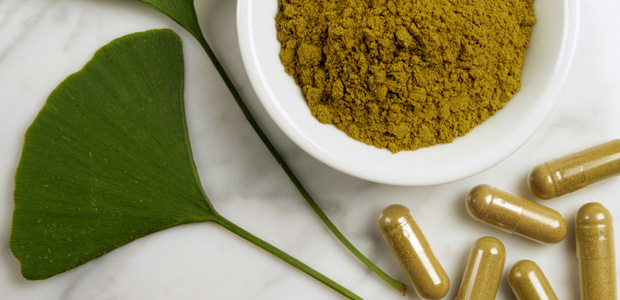Advertisement
9-1-1 Naturopath
I remember visiting my grandmother in the hospital after she collapsed due to heart failure. Without the skilled knowledge of the paramedics who arrived at her home, she would have died. Once recuperating in the hospital, however, Grandma wanted her naturopathic doctor. For her, there was no excuse for not following her preferred holistic treatment … Continued

I remember visiting my grandmother in the hospital after she collapsed due to heart failure. Without the skilled knowledge of the paramedics who arrived at her home, she would have died. Once recuperating in the hospital, however, Grandma wanted her naturopathic doctor. For her, there was no excuse for not following her preferred holistic treatment plan, which included recovery-enhancing vitamins and supplements.
There are thousands like Grandma out there, but few of them get their wish. Why? Because Canadian naturopaths don’t have hospital rights. And for many, that’s a bitter pill to swallow.
There are about 500 naturopathic doctors in Canada and interest in this area has jumped phenomenally. Over 500 students now attend the Canadian College of Naturopathic Medicine in North York, ON, the only school in Canada currently on the path to accreditation (although Vancouver’s West Coast Naturopathic Medical College will soon also apply for the five-year accreditation process).
In each province where naturopaths are regulated (all those west of Ontario), the Health Professions Council determines the naturopathic scope of practice. In BC, for example, naturopathic doctors can treat minor cuts with first aid, bandage small wounds and take blood samples. They can’t do other things typically associated with conventional medicine, such as use anesthetics or practise surgery.
Each province varies, but one thing is the same: naturopathic doctors can’t practise in hospitals–yet!
Advertisement
Naturopathic Networking
The fact that American naturopathic doctors generally enjoy a broader scope of practice hasn’t escaped the attention of Canadian naturopathic associations.
British Columbia naturopath groups have pointed out to their Health Professions Council that existing regulations don’t make the grade. By limiting hospital care to medical doctors, wrote the BC Naturopathic Association in a submission to Council, “patients are denied choice, and the publicly-funded hospitals are monopolized by a single health profession.”
In a preliminary report, released December 1998, the Council responded by recommending that any barriers preventing registered naturopathic doctors from providing treatment within a hospital be reviewed for the purpose of removing them.
If the final report stays the same when it arrives next spring, naturopathic medicine will take a giant step forward. In the meantime, naturopathic students are ready and willing to prove their medical mettle.
All naturopathic schools offer some training in emergency medicine. Although it doesn’t fall within their traditional scope of practice, naturopaths must know what to do and say in cases of shock and when to send a patient to the hospital. At the Canadian College of Naturopathic Medicine (CCNM), organizers have tried to move away from what Cory Ross, vice-president academic, calls a “very contrived sort of emergency medicine.”
For the past two years, the school has organized a pilot project with a willing US hospital. The Norwalk General Community Hospital in Connecticut hosts eight Canadian students through two weeks of emergency medicine, including 16 hours in the emergency room, to introduce them to real-life trauma scenarios. Under the guidance of an attending emergency room physician, the students participate in blood draws, injections, suturing, wound dressing and CPR.
“The program has been very successful and we want to set up something in Ontario,” explains Ross. “It’s kind of crazy that we have to go 900 miles south when we have hospitals in our own backyard.”
Indeed, the CCNM has already hit the neighborhood streets with a lengthening list of off-campus natural health clinics in Toronto areas. (In the US, Bastyr University has also filled Seattle with its natural clinic offerings.) Moving into the hospital seems a logical step.
“There are a lot of things a naturopath can bring to the patient in the ER,” Ross adds.
“[Working in hospitals] is the goal of some of the leaders in this profession,” says Cassie Lyon, executive director of the Canadian Naturopathic Association. She points out that naturopathic and medical doctors already work together unofficially in many instances and that naturopathic skills should be considered “complementary,” not simply “alternative.”
No naturopath contacted was willing to go on the record to discuss emergency medicine. It’s not within their traditional scope of practice. Regular doctors probably wouldn’t think of using techniques like intravenous vitamins for surgery or complementary chemotherapy care, whereas a naturopath might have something extra to offer.
Vancouver naturopathic student Alison Vandekerkhove agrees. “Most people who come through the ER need a medical doctor. Car accidents, knife wounds, that’s not our specialty.”
But, she stresses, naturopaths can definitely help in terms of post-trauma care.
“Wouldn’t patients be better treated if they had complementary care–or at least a choice?”
If you agree and wish to support naturopathic medicine in your province, send a letter to your local MLA and make your opinions count.





